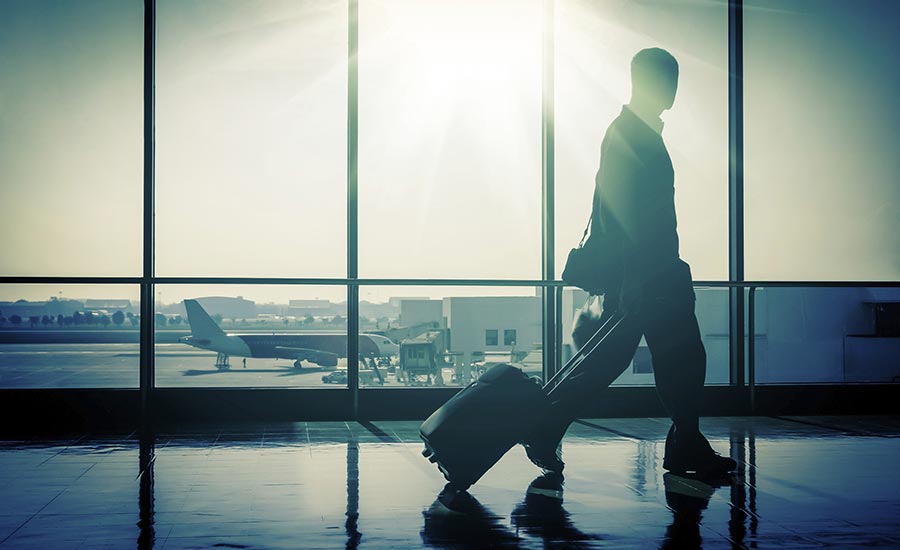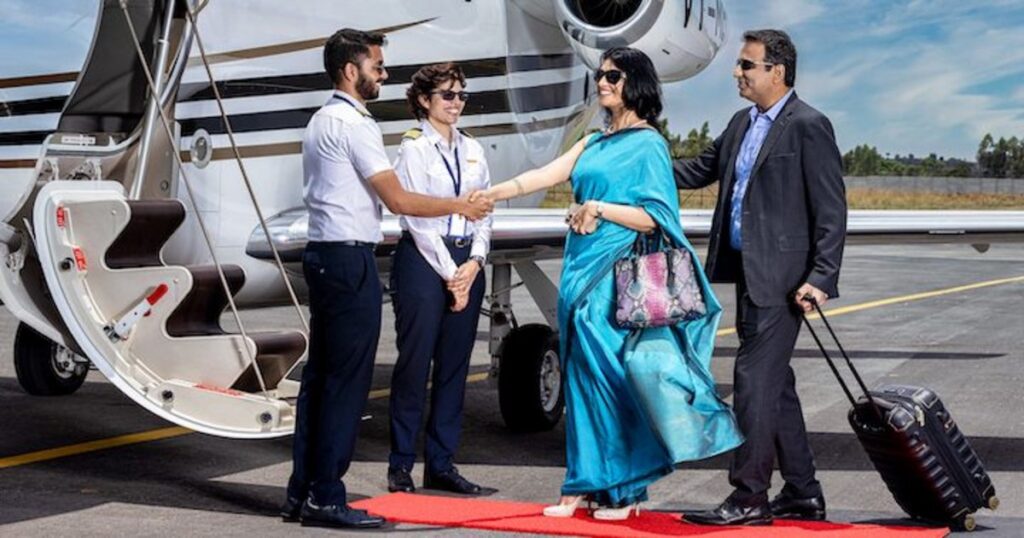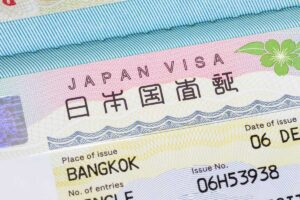Business Travel Security : Ensuring Safe Journeys for Professionals

Business travel forms a cornerstone of corporate operations, offering professionals opportunities to expand horizons, seal deals, and foster relationships. Amidst these excursions lies a critical concern: security. The landscape of business travel security continues to evolve, demanding vigilant measures to navigate safely through diverse environments. This comprehensive guide on business travel security unravels the crucial facets and strategies for ensuring safety and peace of mind during your journeys.
Table of Contents
- Business Travel Security: The Foundation of Successful Ventures
- Business Travel Security: Navigating Potential Threats
- FAQ
- How can I ensure my digital devices remain secure during business travels?
- What should I do in case of a medical emergency while on a business trip?
- Is it necessary to inform someone about my travel itinerary for security purposes?
- How can I protect sensitive business information during travels?
- What measures can I take to stay safe during transportation in unfamiliar locations?
- Are there specific safety measures for traveling to high-risk destinations?
- Conclusion
Business Travel Security: The Foundation of Successful Ventures
Navigating Unfamiliar Terrain
Embarking on business travels exposes individuals to new environments and cultures, emphasizing the need for thorough preparation. Understanding the nuances and potential risks of diverse landscapes becomes crucial for a successful and secure expedition. Being adaptable and proactive in dealing with the unpredictability of new destinations is key to navigating unfamiliar terrain effectively.
Ensuring Safe Accommodations
Prioritizing safety when selecting accommodations is fundamental for a secure business trip. Opting for well-reviewed hotels with robust security measures significantly reduces potential risks and enhances overall safety. Checking for security features such as 24/7 surveillance, secure entry systems, and reputable staff can contribute to a worry-free stay.

Maintaining Digital Security
In today’s digital landscape, safeguarding sensitive information is imperative. Employing encrypted devices, utilizing virtual private networks (VPNs), and regularly updating security software act as critical layers of defense against cyber threats. Being vigilant about digital security measures helps protect valuable business data and sensitive information from potential breaches.
Adapting to Cultural Differences
Business travel often involves interacting with diverse cultures, necessitating an understanding and respect for varying customs and practices. Being culturally aware and adaptable fosters smoother communication and relationships, enhancing the overall success of the trip. Learning basic phrases or customs of the destination country can facilitate better connections and positive interactions with locals.
Emergency Preparedness
In unforeseen circumstances, having a contingency plan and being prepared for emergencies is essential. Familiarizing oneself with local emergency services, healthcare facilities, and evacuation protocols can mitigate risks and provide a sense of security. Carrying essential emergency supplies and staying informed about the political or environmental situation of the destination aids in staying safe and responsive during critical situations.
Business Travel Security: Navigating Potential Threats
Crisis Management Protocols
In the face of unforeseen circumstances, having a well-defined crisis management strategy is imperative. This involves not only understanding emergency protocols but also ensuring access to crucial contact details of local authorities and embassy information. These preparedness measures can prove invaluable when swift and informed actions are required to navigate through unexpected situations, ensuring the safety and well-being of individuals and the smooth continuation of business operations.
Health and Medical Safety Measures
Prioritizing health is a non-negotiable aspect of any business travel plan. This includes familiarizing oneself with the local healthcare facilities, understanding the availability of medical services, and carrying necessary medications. Staying updated with vaccination requirements for the destination is equally important to prevent any health-related issues. By incorporating these measures, individuals can safeguard their well-being, enabling them to focus on their professional responsibilities during the trip.
Financial Security and Fraud Prevention
Maintaining financial security while on the move is paramount. Utilizing secure payment methods, such as credit cards with fraud protection, and carrying a minimal amount of cash can significantly reduce the risk of financial loss. Regularly monitoring bank accounts for any unauthorized transactions and staying vigilant against potential scams or identity theft are essential practices to fortify financial security during travels. By taking these precautions, individuals can mitigate the impact of financial risks associated with business trips.
Communication and Coordination
Effective communication and coordination are vital components of successful crisis management. Establishing clear lines of communication within the travel group, including designated emergency contacts, ensures that information is disseminated promptly in times of crisis. Regular check-ins and briefings can help keep everyone informed and prepared for any changes or challenges that may arise. This proactive approach not only enhances the overall safety of the travel group but also facilitates a more efficient response to unexpected situations, fostering a sense of security and confidence among team members.
Cultural Sensitivity and Local Regulations
Understanding and respecting local customs, traditions, and regulations is essential for a smooth and respectful business travel experience. Cultural sensitivity not only fosters positive interactions but also helps in avoiding unintentional misunderstandings or conflicts. Familiarizing oneself with local laws and regulations, including business practices and etiquette, ensures compliance and prevents any legal complications during the trip. This cultural awareness contributes to a more successful and harmonious business engagement in foreign environments.
FAQ
How can I ensure my digital devices remain secure during business travels?
Ensuring the security of digital devices involves several steps. Using strong, unique passwords, activating two-factor authentication, and refraining from connecting to public Wi-Fi networks without a VPN are effective strategies.
What should I do in case of a medical emergency while on a business trip?
Having comprehensive travel insurance that covers medical emergencies is essential. Additionally, familiarize yourself with local emergency numbers and nearby medical facilities to expedite aid in case of an emergency.
Is it necessary to inform someone about my travel itinerary for security purposes?
Absolutely. Sharing your travel itinerary with a trusted colleague or family member ensures someone is aware of your whereabouts, aiding in case of emergencies or unforeseen situations.
How can I protect sensitive business information during travels?
Encrypting devices, using secure cloud storage, and avoiding public networks for transmitting confidential information are key practices to safeguard sensitive business data.
What measures can I take to stay safe during transportation in unfamiliar locations?
Opt for trusted transportation services, remain aware of your surroundings, and avoid displaying expensive belongings to minimize the risk of becoming a target for theft or scams.
Are there specific safety measures for traveling to high-risk destinations?
Researching extensively about the destination, adhering to travel advisories, and seeking guidance from local contacts or authorities can significantly enhance safety in high-risk areas.
Conclusion
Business travel security demands a multifaceted approach encompassing preparedness, vigilance, and informed decision-making. By prioritizing safety at every juncture, professionals can embark on journeys confident in their ability to navigate unfamiliar territories securely.







